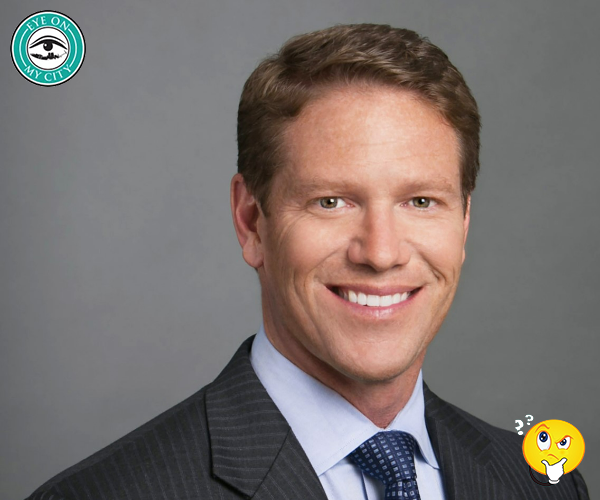
Do you ever get the feeling that politicians and bureaucrats spend all their waking hours dreaming up ways to spend your money?
You will be forgiven if you do.
There is no better example than the current effort to spend $2.2 billion to “solve” a problem that might not even be a major problem.
Septic tanks.
There are two ways to dispose of human waste in a home. One is to bury a septic tank in the yard and run the waste there, where it is treated by anaerobic activity. The other is to run it to a sewer line in the street, where it is taken to a treatment plant or, in some cities, just dumped into the nearest waterway.
Septic systems provide a safe and effective means of wastewater disposal for 30 percent of Florida’s population. “Properly designed, constructed, and maintained systems protect Florida’s ground water,” the state government says on its Web site.
But in Jacksonville, politicians have decided they are a problem and the 65,000 septic tanks in the city should be dug up and thrown away, and the homes connected to sewer lines – many of which don’t exist yet.
Why?
We don’t know why Mayor Lenny Curry supports the plan. He won’t talk to us. Eye has been black-listed by him and his team.
City Council President Tommy Hazouri told Eye septic tanks are a problem that must be addressed.
Another advocate says: “… we do not know from reports over the years and the St. Johns Riverkeeper that septic tanks are not a healthy, sustainable option in the long run. The assumption is that over time, all (or most) septic tanks should probably be replaced. Many septic tanks are located in lower income neighborhoods that do not have the ability to maintain or update the systems.”
When you see words like “assumption” and “probably” being used to justify spending $2.2 billion, you should go on alert.
Apparently it is the riverkeeper, an un-elected person, whose opinion is the basis for spending $2.2 billion of Other People’s Money. Should local taxpayers have to pony up $2.2 billion because someone who gets paid to find problems has declared it is a problem?
Why not have a public vote, as some council members have suggested. It would cost about $1 million, which isn’t much compared to the $30 million taxpayers would have to shell out each year.
How about the city’s own culpability? It has issued thousands of permits to install septic tanks that it now calls a dire threat to public health.
Then there is the question of who pays. People in lower income neighborhoods often have the ability to park $20,000 cars in their driveways. Why they can’t pay to maintain their homes is a mystery, especially when they will be asked to pay twice as much tax on the gasoline they put in those cars.
More than 6,000 people in recent years have connected to city sewer lines, and they paid the cost somehow. We don’t know how many lived in “lower-income neighborhoods.”
But politicians have decided everyone should get this service free hereafter – both rich and poor.
Ask yourself why a rich person should have his well-operating septic tank – which poses no danger to anyone – replaced at taxpayer cost.
Hazouri made two points. One is that the residents of an area must vote to approve the change, and at least 70 percent must agree. But now that it will be free, there is little reason to vote against connecting. One reason might be that it entails an ongoing payment to JEA for city sewer service. Hazouri cited that requirement as a plus, from the city’s viewpoint, because of the increased revenue.
Eye on Jacksonville has been unable to find anyone who can pinpoint any cases of leaking septic tanks that present a health problem.
As we have reported, only 31 homeowners were cited in 2020 by the state health department for septic tank problems, and none of those were a sanitary nuisance.
If politicians are telling the truth and hundreds or thousands of tanks are leaking and causing a public health crisis, why aren’t any homeowners being cited and required to repair the tanks?
Other local media have not even made an effort to examine this question. They just blandly accept and support spending $2.2 billion.
If they mention it at all it is to suggest it is required because of some mythical promises made by somebody to somebody 50 years ago.
It is mind-boggling. Years ago, when there was an active and competent press, reporters and editorial writers would have been all over this case, reporting facts and both sides of the issue to the public.
Doubling the local gas tax, as proposed by Curry, would only make a dent in this alleged problem. So more taxes will have to be raised or expenditures for other needs – perhaps police and fire protection – could be shifted.
But some of the same people demanding this highly dubious expense are among those who want to defund the police. So maybe it all makes sense.
City Council plans to vote on the measure before the month is out. Some members are opposed. Maybe they will demand answers to the lingering questions before the vote is taken.










